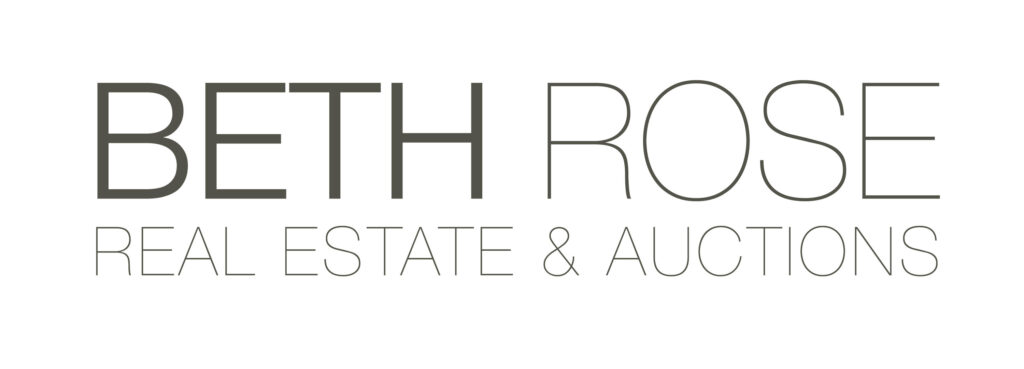Saving for a down payment in preparation for buying a new home is pretty common knowledge. With the mortgage meltdown, most mortgages that allowed zero down payments disappeared. While FHA and VA loans still offer little to no money down, most potential homebuyers will need to save at least 5-20% of the home value. However, it’s important for homebuyers to know and be prepared for real estate closing costs so it’s not a surprise at the closing table.
Unfortunately, many first-time homebuyers are dismayed to learn that in addition to the large down payment, they also owe thousands of dollars in closing costs that they might not have expected. The national average for closing costs ranges from 2-4% of the purchase price, which adds considerably to the amount of savings needed to buy a home. In addition, while not a closing cost, most lenders also require a savings reserve equal to at least two months of the mortgage payment. Needless to say, it adds up.
Let’s break these costs down.
Closing costs include fees charged by the escrow or closing attorney, as well as costs associated with obtaining a home loan, including:
• Escrow fees
• Title search and filing fees
• Appraisal fees
• Home inspection fees
• Wire transfer fees
• Loan costs – These include what are termed “points”; each point is 1% of the purchase price and is used as both commission for the lending officer and as an upfront fee to reduce the loan interest rate.
These are just a few of the extra costs associate with buying and closing on a new home. It’s important to know these costs ahead of time, so potential homebuyers can save the appropriate amount of money needed to buy a home. Nobody wants to be surprised by unexpected costs and and end up missing out on the perfect property.


